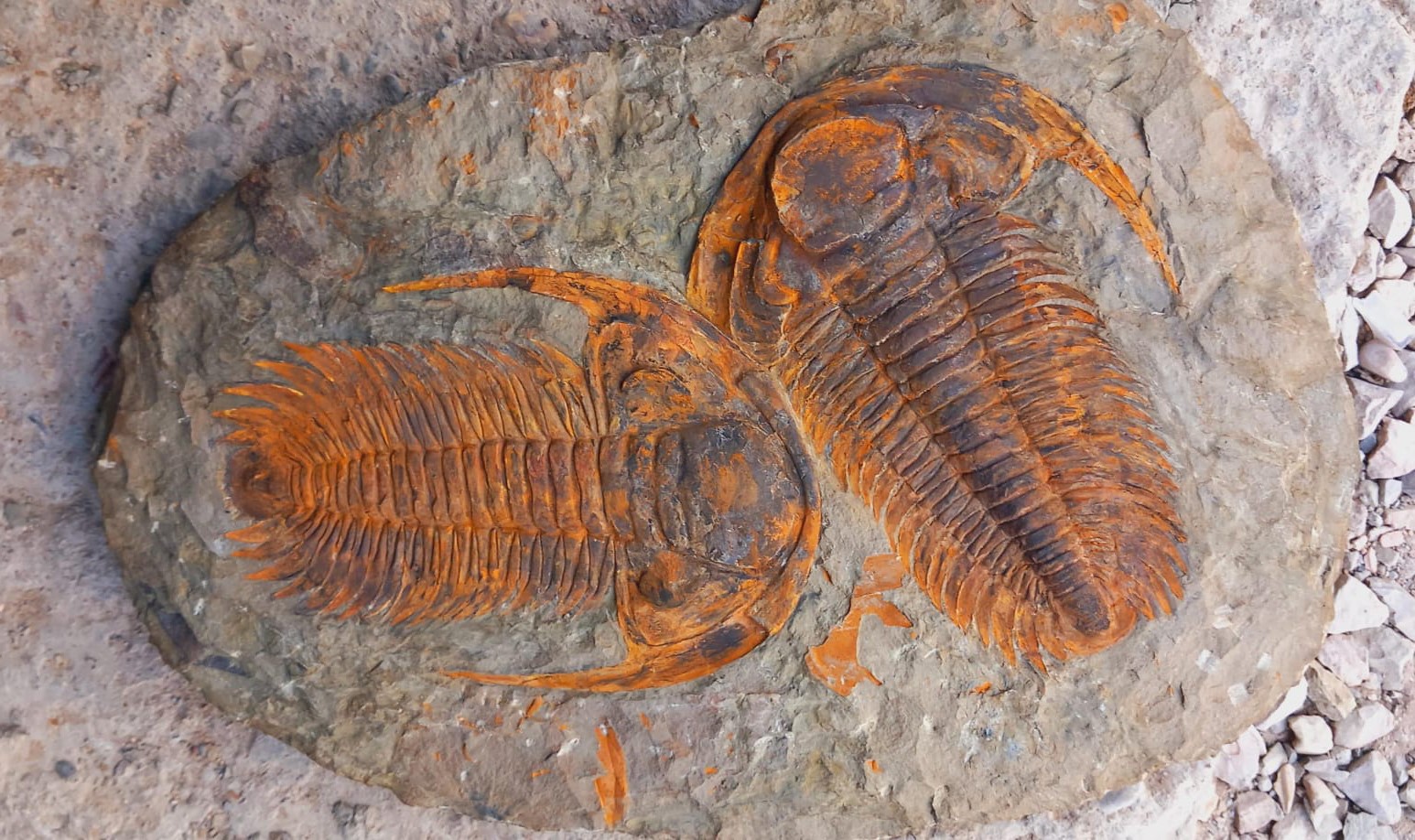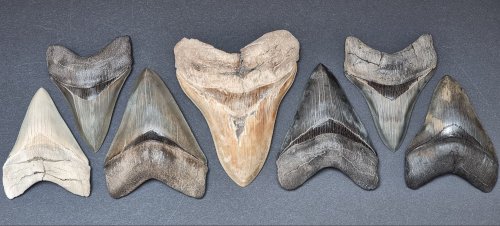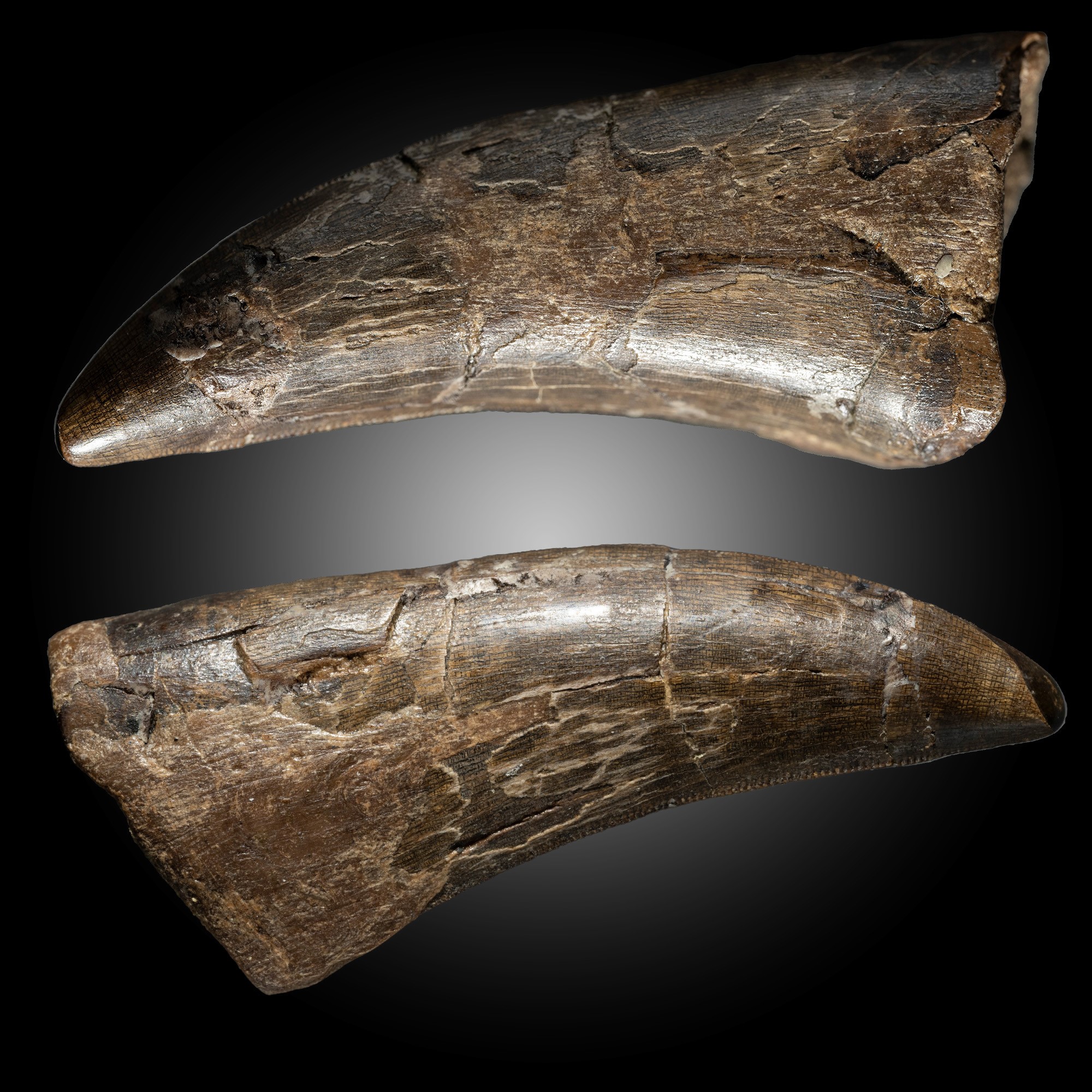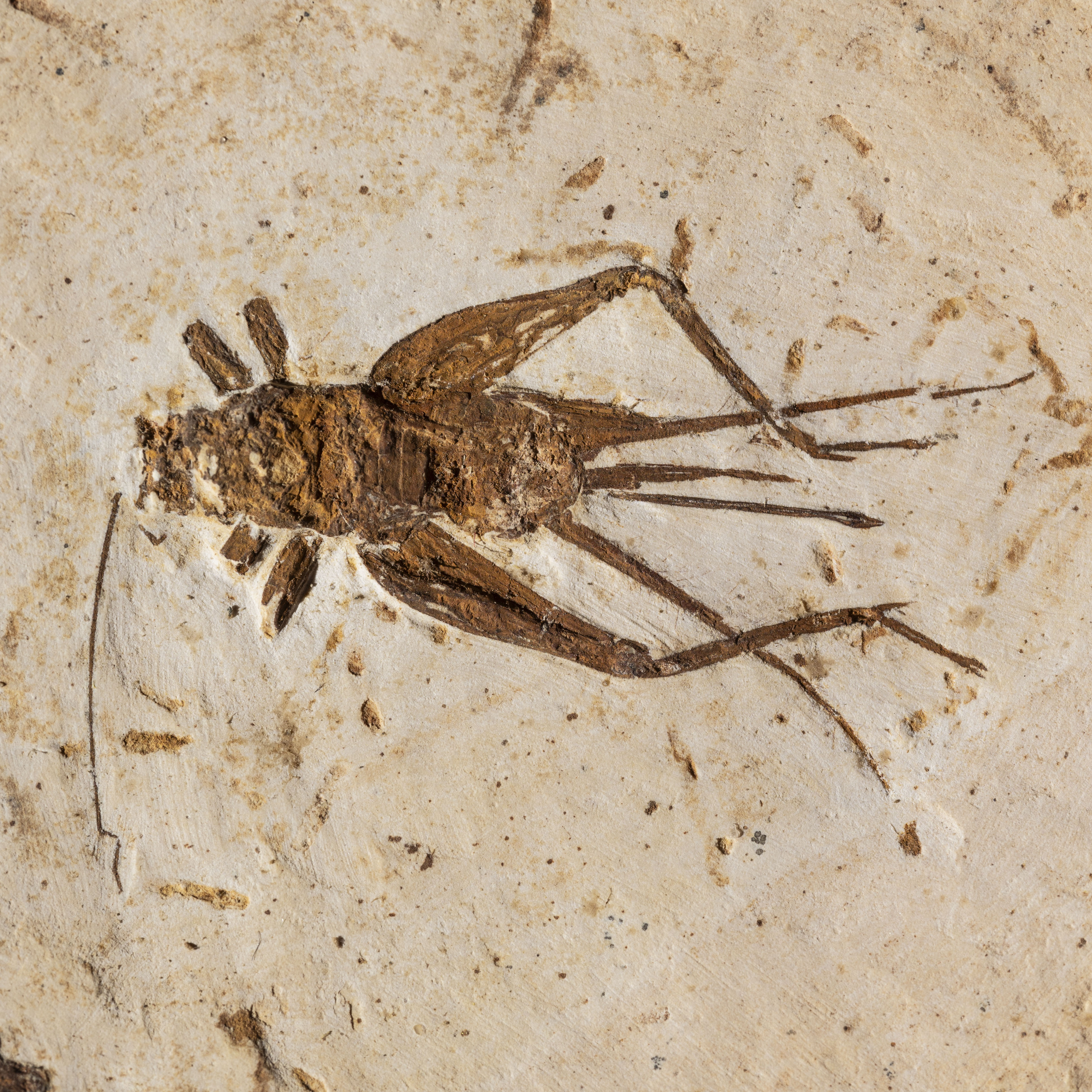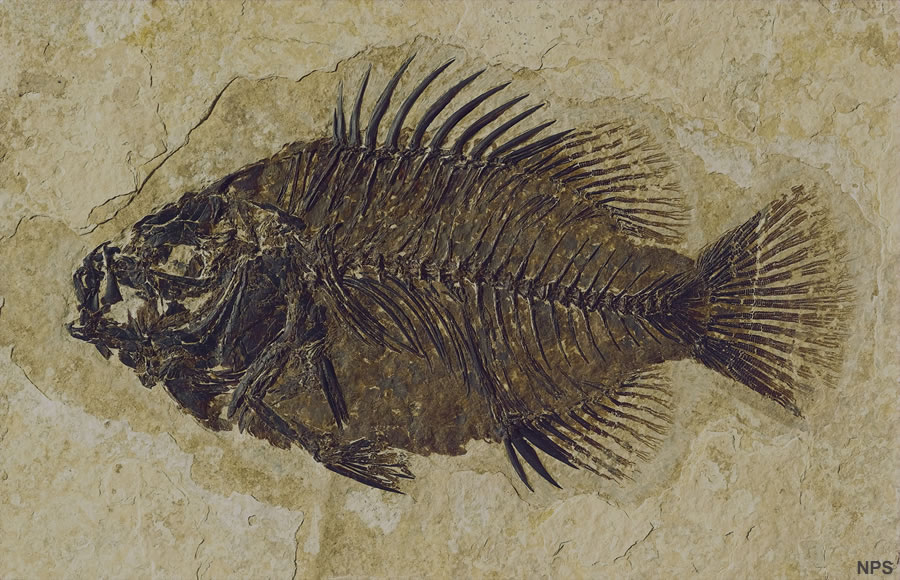
Prehistoric Treasures at the Munich Show
Oct 15, 2024
A fascinating look at the history of our planet awaits you in the fossil area of the Munich Show. Compared to the billions and billions of creatures that have populated the earth since time immemorial, only a fraction of them have been preserved in the form of fossils. These provide a glimpse into the past and help to trace the origins of life.
They range from unique prehistoric fauna and delicate trilobites or snail-shaped ammonites to large vertebrates and gigantic dinosaurs. While only a handful of well-preserved specimens of the latter are known and cause a stir in museums or at auctions, fossilized shark teeth or small fish are found in relatively large numbers. Morocco in particular is known for its wealth of fossils. But spectacular specimens from many other important regions can also be found at the Munich Show, not least from the nearby Altmültal, one of the most important fossil sites in the world, known above all for the Archaeopteryx, which was only discovered there.
Every year, scientists, dealers and collectors meet in Munich in the hunt for these prehistoric treasures, but also to discuss the latest finds and expected sensations after the summer's excavation campaigns.Let yourself be enchanted by the fascination of holding a testimony to millions of years of the earth's history in your hands.
When the exhibitors at the Munich Show make their way into the halls of Messe München at the end of October each year, the anticipation and fascination are palpable. Every single one of them has some very special treasures in their luggage, and people are already talking shop and admiring new finds while they are setting up.
For visitors, the start of the fair opens the door to a world to which we are all closely connected, but which lies hidden: Under very special conditions, unique crystals have formed over millions of years from the same chemical elements that we are made of or that we need as raw materials for our modern technologies. Finding them in the bowels of the earth requires passion and a thirst for adventure, scientific know-how and planning, but also the proverbial finder's luck.

